Plumbing
The term 'plumbing' refers to any system that allows the movement of fluids, typically involving pipes, valves, plumbing fixtures, tanks and other apparatus. Modern plumbing may also involve the movement of gases such as fuel gas.
The etymology of the term ‘plumbing’ comes from ‘plumbum’, the Latin word for lead. This is because the first effective pipes used for the movement of water were lead pipes used by the Romans. After the Second World War, increased awareness of lead poisoning resulted in copper piping taking precedence over lead.
Although ancient Greek, Persian and Indian cities had used primitive forms of plumbing, the Romans were the first to pioneer expansive systems of plumbing, such as aqueducts, the removal of wastewater, and other sanitary features.
Today, plumbing systems might be used for:
- Heating and cooling.
- Waste removal.
- Potable cold and hot water supply.
- Water recovery and treatment systems.
- Rainwater, surface and subsurface water drainage.
- Fuel gas piping.
A plumber is a person that fits and repairs plumbing and associated fixtures. Plumbers may also take on roles involving design, management, consultancy, teaching, and so on.
Qualifications obtained by plumbers may involve:
- Apprenticeships.
- Foundations courses.
- National Vocational Qualifications (NVQs).
- Specialist qualifications.
Watersafe is a free online directory and national accreditation body for competent and qualified plumbers in England, Scotland, Wales and Northern Ireland. It brings together seven existing Approved Contractors’ Schemes:
- The Water Industry Approved Plumbers’ Scheme (WIAPS),
- Association of Plumbing and Heating Contractors (APHC),
- Chartered Institute of Plumbing and Heating Engineering (CIPHE),
- Scottish and Northern Ireland Plumbing Employers’ Federation (SNIPEF),
- Anglian Water’s APLUS,
- Severn Trent’s Watermark and
- Thames Water’s TAPS.
‘Gas Safe’ is the term given to operatives and businesses that qualify as competent for the Gas Safe Register. Gas work is taken to mean:
- Installation, repair or servicing of a gas boiler.
- Installation, or repair of a gas fire, gas cooker or hob.
Mechanical, electrical and plumbing systems may be referred to collectively as MEP systems.
The term 'building services' refers to any systems installed in buildings to make them comfortable, functional, efficient and safe.
NB Water safety in buildings, published by the World Health Organization in 2011, defines -plumbing as: ‘The piping, fixtures and appliances within a property; and all the work associated with the design, installation, removal, alteration or repair of piping, fixtures and appliances in connection with drinking-water supply, non-drinking-water supply and drainage systems that flow in and out of buildings and between given connection points to points of use or disposal (World Plumbing Council Working Group, 2008).’
[edit] Related articles on Designing Buildings
- All eyes up to plastic rainwater systems.
- Approved Plumber.
- Back siphonage.
- Building heating systems.
- Building services.
- Cooling systems for buildings.
- Dishwasher.
- Frequently Googled plumbing and electrical problems.
- Greywater recycling.
- Hot water.
- Hot water safety.
- Mechanical, electrical and plumbing MEP.
- Pipework.
- Passive water efficiency measures.
- Plumbing drawing.
- Plumbing appurtenance.
- Radiator.
- Rainwater harvesting.
- Rising main.
- Sanitary pipework.
- Scottish and Northern Ireland Plumbing Employers’ Federation SNIPEF.
- Stagnation point.
- Sustainable urban drainage systems.
- Tap.
- Types of water.
- Warning pipe.
- Water Industry Approved Plumbers Scheme WIAPS.
- Water hammer.
- Water pressure.
- Water Regulations Advisory Scheme WRAS.
Featured articles and news
From studies, to books to a new project, with founder Emma Walshaw.
Who, or What Does the Building Safety Act Apply To?
From compliance to competence in brief.
The remarkable story of a Highland architect.
Commissioning Responsibilities Framework BG 88/2025
BSRIA guidance on establishing clear roles and responsibilities for commissioning tasks.
An architectural movement to love or hate.
Don’t take British stone for granted
It won’t survive on supplying the heritage sector alone.
The Constructing Excellence Value Toolkit
Driving value-based decision making in construction.
Meet CIOB event in Northern Ireland
Inspiring the next generation of construction talent.
Reasons for using MVHR systems
6 reasons for a whole-house approach to ventilation.
Supplementary Planning Documents, a reminder
As used by the City of London to introduce a Retrofit first policy.
The what, how, why and when of deposit return schemes
Circular economy steps for plastic bottles and cans in England and Northern Ireland draws.
Join forces and share Building Safety knowledge in 2025
Why and how to contribute to the Building Safety Wiki.
Reporting on Payment Practices and Performance Regs
Approved amendment coming into effect 1 March 2025.
A new CIOB TIS on discharging CDM 2015 duties
Practical steps that can be undertaken in the Management of Contractors to discharge the relevant CDM 2015 duties.
Planning for homes by transport hubs
Next steps for infrastructure following the updated NPPF.
Access, history and Ty unnos.
The world’s first publicly funded civic park.
Exploring permitted development rights for change of use
Discussing lesser known classes M, N, P, PA and L.
CIOB Art of Building photo contest 2024 winners
Fresco School by Roman Robroek and Once Upon a Pass by Liam Man.







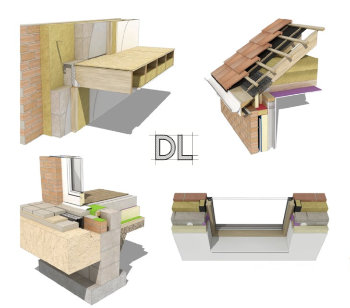
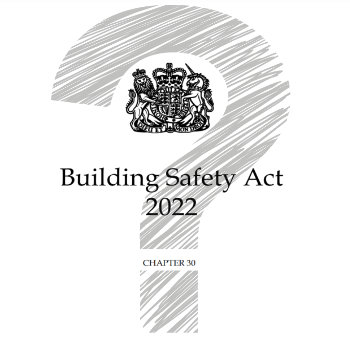
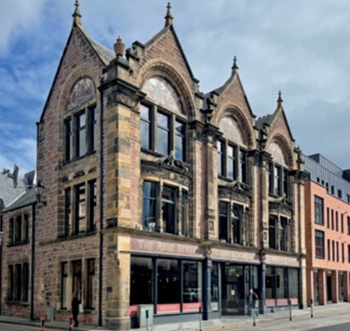
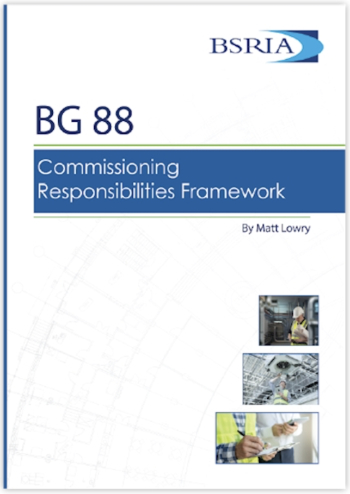

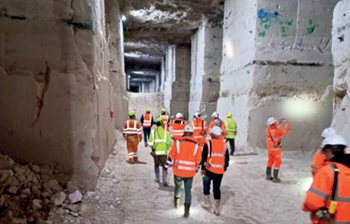
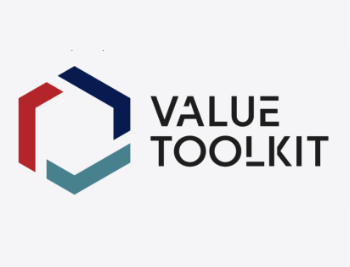
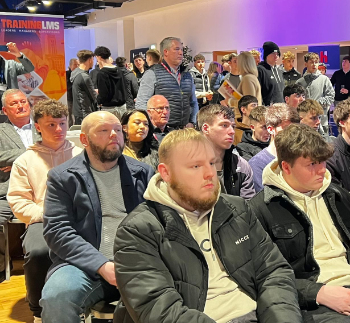
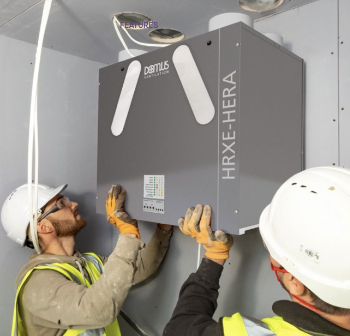
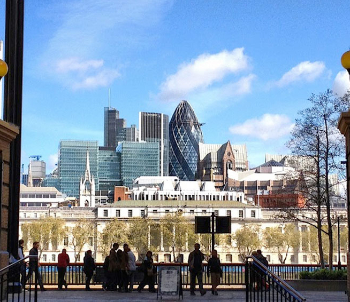

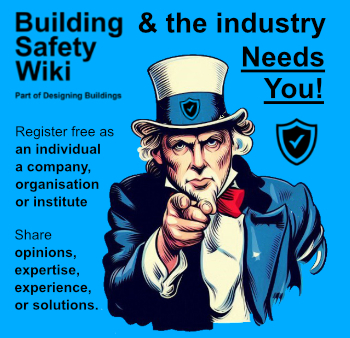


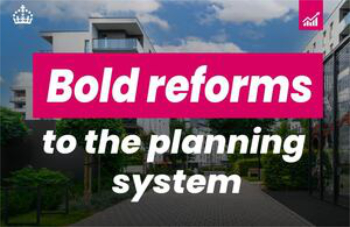

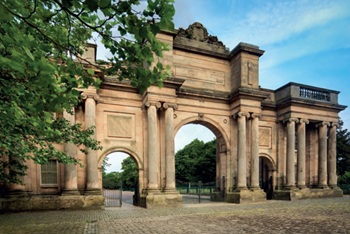
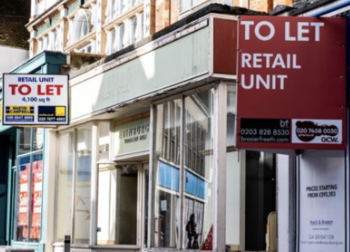

Comments